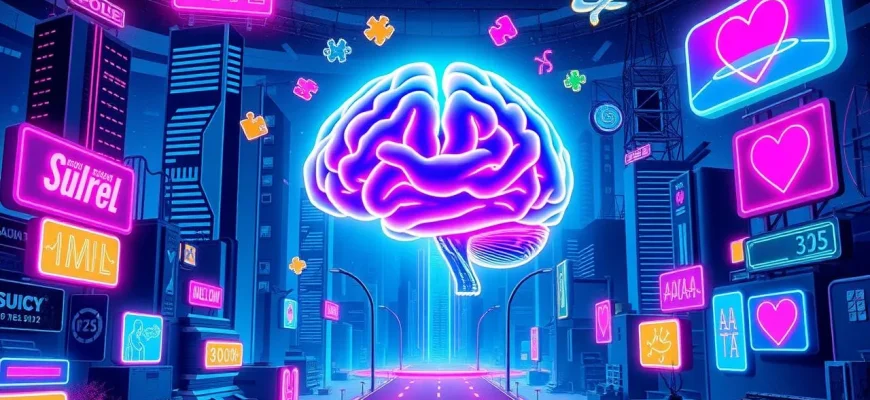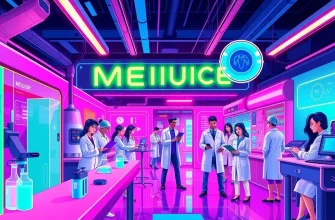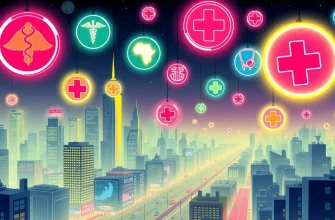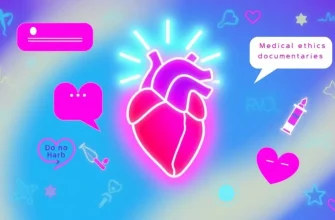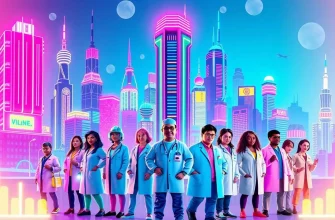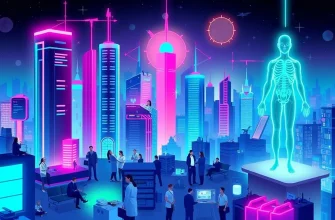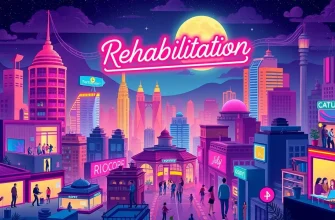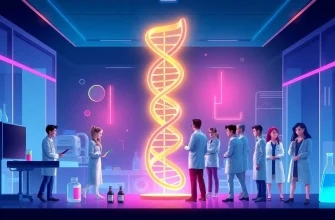Delving into the complex and often misunderstood world of psychiatry, these documentaries offer a window into the human mind, exploring various mental health issues, treatments, and the societal impact of psychiatric conditions. From historical perspectives to modern-day challenges, this collection provides not only educational value but also a compassionate look at the lives affected by mental illness. Whether you're a student of psychology, a mental health professional, or simply curious about the intricacies of the human psyche, these films are sure to enlighten and engage.
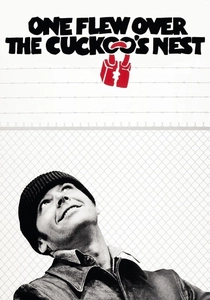
One Flew Over the Cuckoo's Nest (1975)
Description: Although not a documentary, this film, based on Ken Kesey's novel, offers a critical look at the psychiatric system through the lens of a fictional narrative. It's included for its profound impact on public perception of mental health institutions.
Fact: The film swept the five major Academy Awards, a feat only matched by three other films. It was also one of the first major films to be shot in a real psychiatric hospital.
 Watch Now
Watch Now
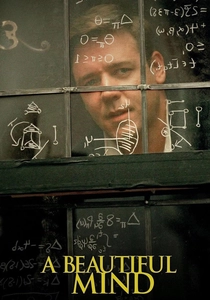
A Beautiful Mind (2001)
Description: While technically a biopic, this film is based on the life of John Nash, a Nobel Laureate in Economics who suffered from schizophrenia. It provides a dramatic portrayal of his struggle with mental illness, his genius, and his eventual recovery, making it a compelling watch for understanding schizophrenia.
Fact: The film won four Academy Awards, including Best Picture. It was also praised for its accurate depiction of schizophrenia, although some liberties were taken for dramatic purposes.
 Watch Now
Watch Now
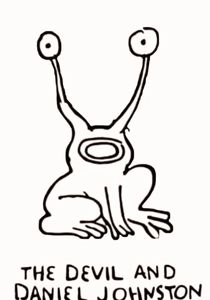
The Devil and Daniel Johnston (2005)
Description: This documentary chronicles the life of Daniel Johnston, a musician with bipolar disorder. It provides an intimate look at how his mental health influenced his music, his relationships, and his public persona, offering a poignant narrative on creativity and mental illness.
Fact: The film won the Documentary Directing Award at the 2005 Sundance Film Festival. It also features rare footage of Johnston's performances and personal life.
 Watch Now
Watch Now
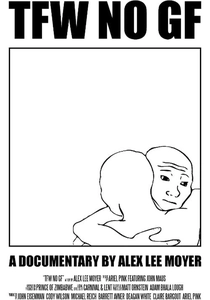
TFW No GF (2020)
Description: This documentary explores the lives of young men in the online incel community, delving into their mental health struggles, loneliness, and the toxic masculinity that often accompanies their worldview. It's a modern look at how societal pressures can exacerbate mental health issues.
Fact: The film was well-received for its empathetic portrayal of a controversial group, aiming to understand rather than judge. It also sparked discussions on the role of the internet in shaping mental health.
 Watch Now
Watch Now
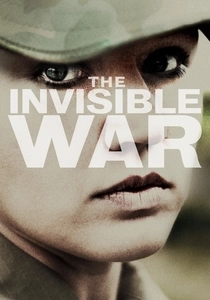
The Invisible War (2012)
Description: This documentary focuses on the epidemic of rape within the U.S. military, exploring the psychological trauma endured by victims. It sheds light on the mental health consequences of sexual assault, the institutional response, and the journey towards healing.
Fact: The film led to significant policy changes within the military regarding the handling of sexual assault cases. It also won the Best Documentary Feature at the 2013 Academy Awards.
 Watch Now
Watch Now
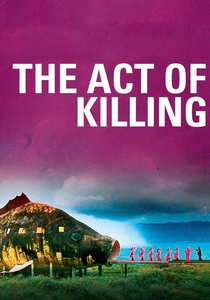
The Act of Killing (2012)
Description: While not directly about psychiatry, this documentary examines the psychological impact of violence on both perpetrators and victims. It follows former Indonesian death squad leaders as they reenact their killings, providing a unique perspective on the mental health implications of genocide.
Fact: The film was nominated for an Academy Award for Best Documentary Feature. It's noted for its unconventional approach, allowing the killers to stage their crimes in a surreal, almost therapeutic manner.
 Watch Now
Watch Now
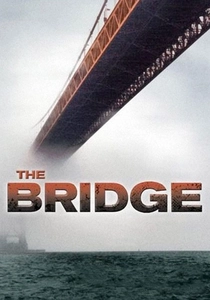
The Bridge (2006)
Description: Focused on the Golden Gate Bridge, this documentary captures the stories of individuals who have committed suicide there, exploring the psychological and societal factors that lead to such a decision. It's a stark reminder of the importance of mental health awareness.
Fact: The film was controversial for its method of filming, with some critics arguing it exploited the tragedy for cinematic effect. However, it also sparked important conversations about suicide prevention.
 30 Days Free
30 Days Free

Bedlam (2019)
Description: This documentary delves into the history of Bethlem Royal Hospital, known as Bedlam, one of the oldest psychiatric institutions in the world. It explores how the treatment of mental illness has evolved from the 13th century to the present day, highlighting both the dark ages of psychiatry and the strides made towards humane care.
Fact: The film was shot in the actual location of the original Bedlam hospital, providing an eerie authenticity. It also features interviews with current patients, offering a contemporary perspective on mental health care.
 30 Days Free
30 Days Free

The Mind of Mark DeFriest (2019)
Description: This film follows the life of Mark DeFriest, known as the "Houdini of Florida," who has escaped from prison numerous times. It examines his mental state, his motivations, and the psychiatric evaluations that have been part of his legal battles, providing insight into the criminal mind and the intersection of law and psychiatry.
Fact: Mark DeFriest himself was involved in the production, giving viewers a rare, firsthand account of his experiences. The documentary also explores the ethical considerations of showcasing a person with mental health issues.
 30 Days Free
30 Days Free

The Psychopath Next Door (2014)
Description: This documentary investigates the nature of psychopathy, looking at how these individuals function in society, often undetected. It includes interviews with psychologists, criminologists, and even diagnosed psychopaths, offering a chilling insight into a personality disorder often misunderstood.
Fact: The film features Dr. Robert Hare, a leading expert on psychopathy, who provides scientific insights into the condition. It also examines the potential for rehabilitation or management of psychopathic traits.
 30 Days Free
30 Days Free

